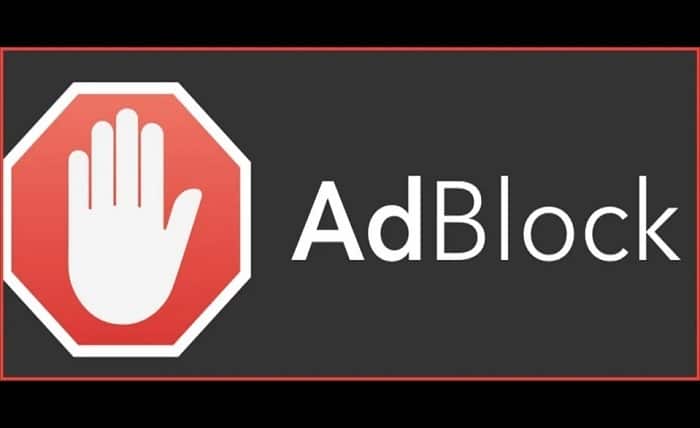
Overcoming Clutter: An Equitable Adblocker’s Handbook for a Harmonious Online Experience
The internet an infinite source of knowledge, amusement, and communication. However, among the wealth of information there is a constant enemy: the obtrusive, eye-catching world of online advertising. These are the unwanted companions on our digital journey: pop-ups that attack your browsing, banner adverts that beg for clicks, and autoplay videos that obliterate the very material you are looking for.
Presenting the adblocker, a digitally disguised ninja or knight in shining armor who promises to defeat the ad dragon and bring harmony back to the online realm. However, is this virtual barrier a benevolent protector or a despot in disguise? In a world where websites depend on advertising money for their survival, can an adblocker really be considered “fair”?
Do not be afraid, daring online surfer! This blog article explores the complex world of internet advertising, analyzes what constitutes a fair adblocker, and gives you the tools you need to negotiate the dynamic conflict between ad tech companies and content creators.
The Armada of Ad-Blockers on the Rise:
Users had to put up with the constant barrage of invasive advertisements for years; every pixelated banner and annoying jingle finally got to them. The emergence of mobile internet, when every valuable byte mattered and invasive advertisements ate up patience and data equally, marked the tipping point. And so, driven by the quest for a faster, cleaner, and more pleasurable online experience, the adblocker revolution began.
The Click’s Two Faces:
Prior to endorsing adblockers as digital heroes, let’s examine the other side of the story. Websites, particularly those run by independent, smaller creators, depend on advertising money to stay in business. Without advertisements, a lot of important information and entertainment sources may vanish, leaving behind a desolate wasteland of paywalls and powerful corporations.
So where does one draw the boundary between a legitimate adblocker and a villain who destroys content?
The Fairness Pillars:
Adblockers that are just should support the following ideas:
Non-intrusive advertising: It is OK to block pop-ups, banner ads, and movies that automatically play. They interfere with the user experience and frequently use questionable methods to draw attention.
courtesy toward websites that have been whitelisted: It should be up to the users to decide which websites may show advertisements. Adblockers should acknowledge and honor users’ legitimate preference to use advertisements to support authors they value.
Openness and user control: A decent adblocker should provide users with fine-grained control over what is and is not banned, as well as transparency on its filtering standards.
Alternative revenue models: Instead of depending on invasive advertising, websites that use affiliate marketing, voluntary memberships, or donations as their primary source of income should be investigated and supported by the adblocker community.
Selecting a Champion:
Selecting the best adblocker can be difficult given the abundance of options available. Seek out adblockers that follow the previously mentioned fairness guidelines. Well-known choices with transparent filtering criteria and fine-grained control include AdGuard and uBlock Origin. Adblockers serve as personal shields, so pick one wisely based on your online principles and browsing preferences.
In summary:
There is still a long way to go before decent internet experiences are triumphant over invasive marketing. However, you may be an informed citizen of the digital world if you have the information and resources outlined in this essay. Hold ad tech companies responsible for their actions, support creators you admire, and speak out in favor of fair adblockers. Recall that a well-balanced online experience is achievable, one in which consumers relish a clutter-free exploration of the limitless potential of the internet and valuable content creators flourish.




